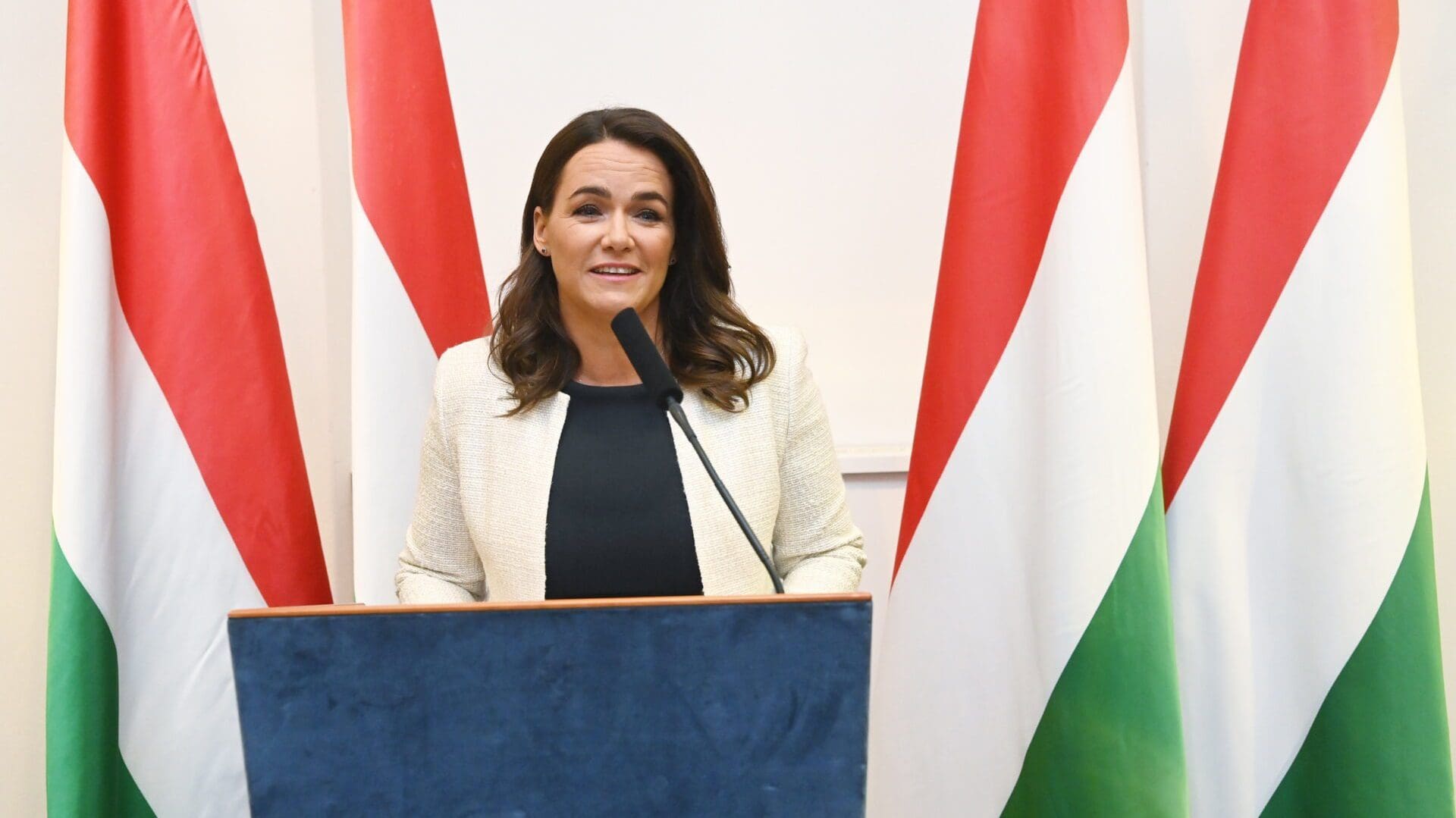Earlier this month, as we reported, the Hungarian National Assembly passed a new law giving people who would be willing to share information about suspected corruption or civil rights violations safe, confidential channels to do so, as well as protection from ramifications if their reports were made in good faith.
President Vetoes Bill
As per the legislative process in Hungary, the bill landed on the President of the Republic, Katalin Novák’s desk for signature—however, she refused to sign it, thus preventing it from taking effect. In a letter sent to House Speaker László Kövér and the National Assembly, dated 21 April, President Novák gave a detailed explanation of her objections. She wrote:
‘The Act serves the purpose of implementing a European Union directive. While what the directive is aiming for is understandable, its methods can be rightfully criticised, as they can lead to an increase of distrust among the members of a community.’
She went on to single out Chapter III of the proposed law for special scrutiny. In her view, despite the part bearing the wordy title ‘Reports to Be Made to Give an Elevated Level of Protection to the Fundamental Rights and Values Included in the Fundamental Law, and With Regards to the Common Interest of Protecting the Hungarian Way of Life’, it is actually at odds with some of the rights guaranteed by our constitution. Namely, President Novák finds it objectionable that Chapter III does not presuppose that there is national consensus on the validity of these rights and values. Therefore, instead of giving them an elevated level of protection, it has the opposite effect.
Novák also expressed her concern that in some cases where certain types of behaviour would be deemed criminal based on the wording of the bill,
the affected individuals’ rights to freedom of expression would be violated.
Freedom of expression is also enshrined in the Fundamental Law of Hungary.
Opposition Criticism
The President has been called out in the past by opposition media for approving—in their view—too many of the new laws passed by a Fidesz-supermajority parliament. At times, she was even referred to demeaningly as ‘Viktor Orbán’s pen’, even in the Democratic Coalition-affiliated, Western-funded news site Nyugati Fény (the name of the portal, ironically, means Western Light). In reality, this is not the first time she has sent back a bill to parliament for reconsideration. She has refused to sign two different bills in her first seven months in office, more than all of her predecessors, except for János Áder.
The Two Types of Presidential Vetoes in Hungary
The President of Hungary has the right two issue two different kinds of vetoes: political or constitutional. A political veto sends the bill back to parliament for reconsideration, at the sole discretion of the President; while a constitutional veto sends it to the Constitutional Court of Hungary to adjudicate if it is in compliance with the Fundamental Law. This decision on President Novák’s part was the former one, a political veto.
Related articles:







